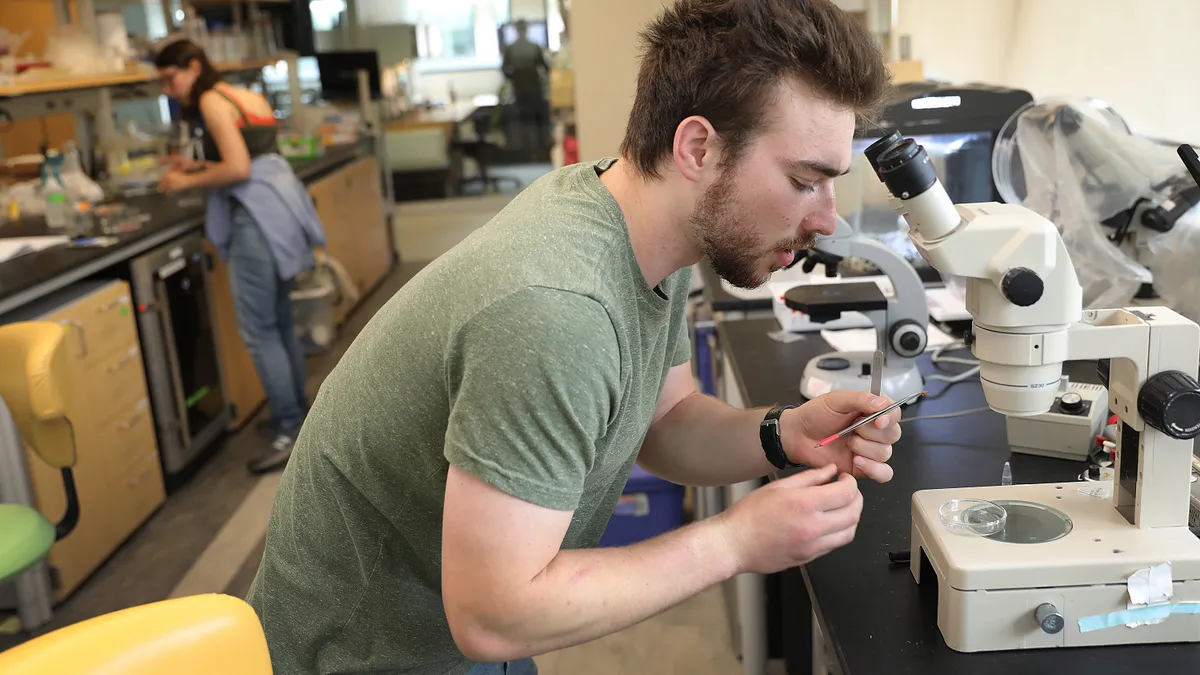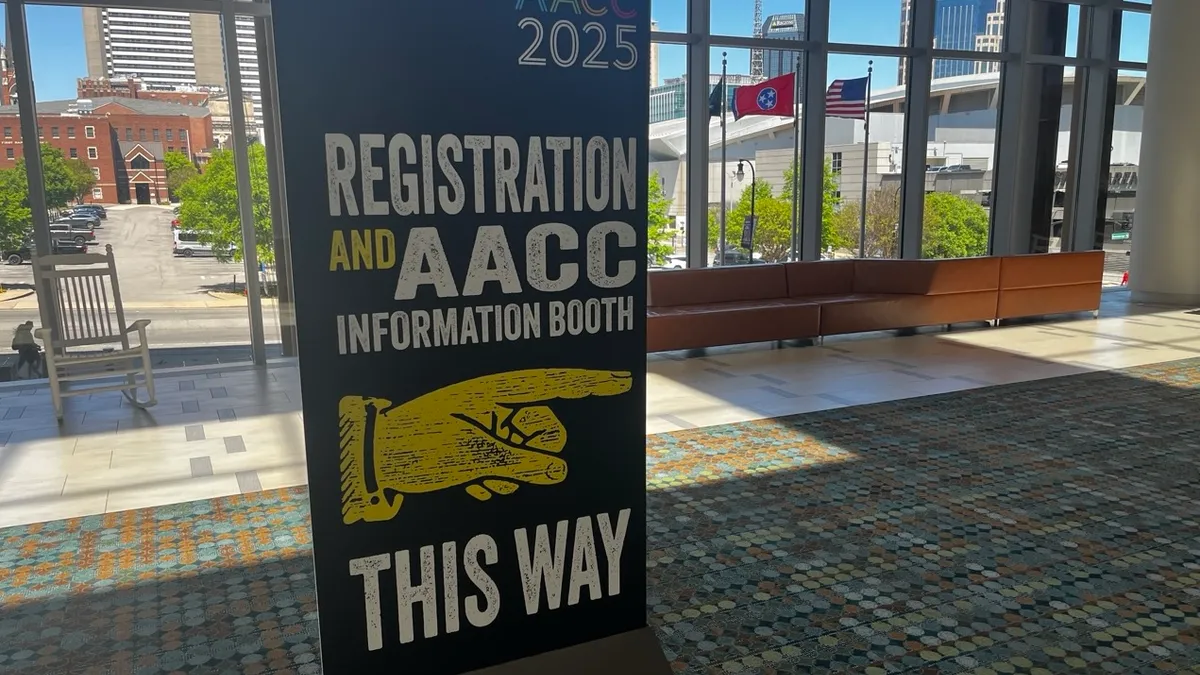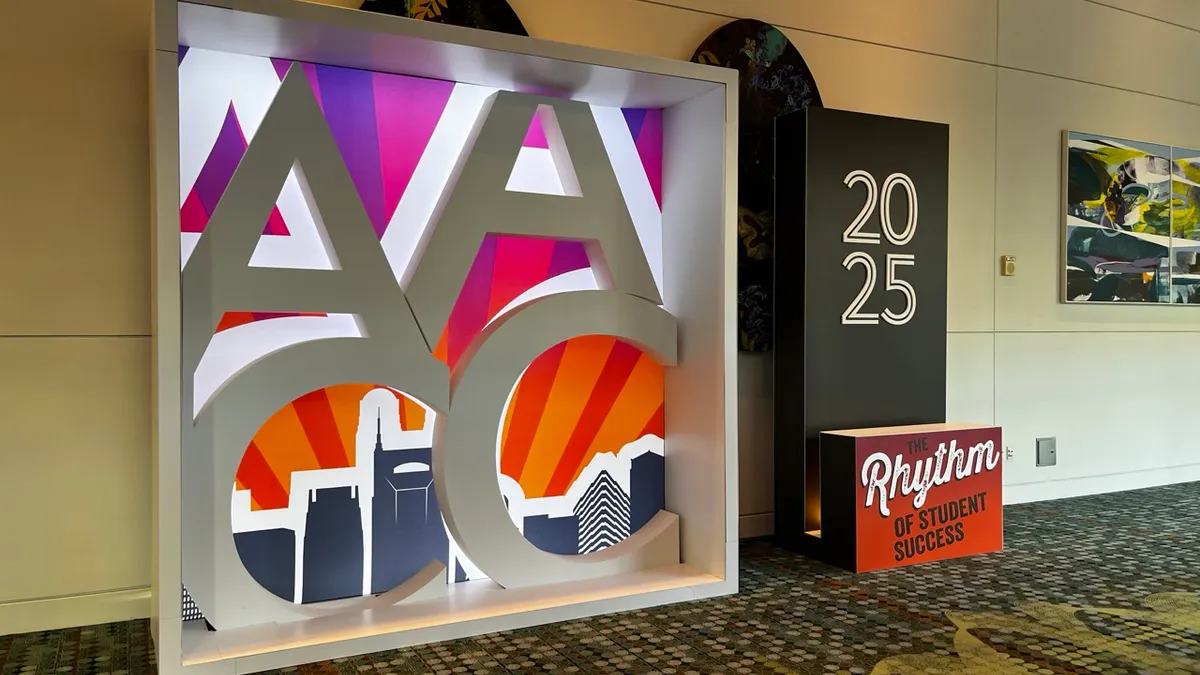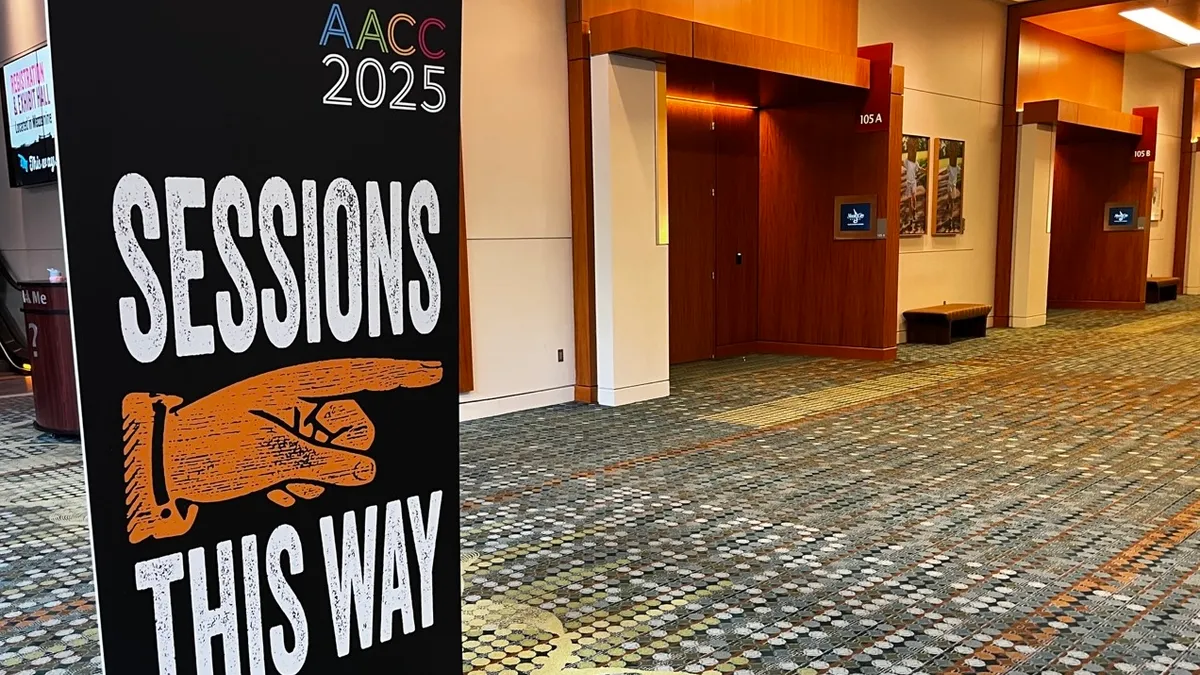Jeff Casimir is the executive director and founder of Turing School, which offers instructor-led and community-based learning through full-time front- and back-end engineering programs, both accredited by the Accrediting Council for Continuing Education and Training.
The COVID-19 pandemic has shaken Americans' already-waning confidence in the value of higher education. Two-thirds of students now say college is no longer worth the cost, according to a survey from think tank Third Way. A study released in May by ECMC Group found that just half of Generation Z teenagers are interested in pursuing a four-year degree.

More troublingly, these views are not wholly unique to the COVID era. Even prior to the pandemic, less than half of Americans believed that earning a four-year degree would lead to good jobs and higher lifetime earnings. While the act of obtaining a college degree remains a safe bet for a significant subset of students, for many learners — especially those from underserved and underrepresented backgrounds — the return on pursuing a credential too often fails to merit such a risky and costly investment.
Learning providers must get serious about the return on investment of postsecondary education. It’s time for a more transparent, outcomes-driven system that ensures learners see a real return from one of the most important investments of their lives.
The traditional approach to postsecondary learning has resulted in a growing misalignment between higher education and the needs of the labor market. While finding a job consistently ranks as the chief reason students enroll in college, just one-quarter of working Americans say that the education they received is relevant to their work life.
These are valid concerns, with 43% of college graduates finding themselves underemployed in their first job. For students from underrepresented backgrounds, in particular, higher education remains a precarious investment. Black college graduates are twice as likely to be unemployed as White graduates. Nearly 40% of Black graduates are working in jobs that do not require the college degree they have invested so much time, money and effort into.
Meanwhile, employers say many students graduate unprepared for successfully starting their careers, leaving companies scrambling to find workers who possess the kinds of skills that are most in demand in an increasingly digital economy. COVID-19 has only deepened this need. Research from McKinsey & Co. found that almost 60% of employers say that closing skills gaps has become a higher priority since the pandemic began. Nearly 90% say they are already experiencing critical skills gaps or expect to within a few years.
Employers and students alike are starting to recognize the power of skills-based learning over conventional, knowledge-based approaches. Most Generation Z teenagers say they prefer learning hands-on skills either in a classroom setting or through on-the-job experiences, according to the recent ECMC report, and 56% believe a skills-based education makes sense in today’s world.
We are, after all, rapidly becoming a skill-based economy, and research has shown the power of better balancing the theoretical understanding of knowledge-based learning with the mastery that skills-based education provides. It’s the difference between learning about a specific programming language and knowing how to actually create solutions with it.
The vast majority of the difficult problems we tackle in the real world — and in our careers — take collaboration, iteration and in-process learning to solve. But traditional academic structures are largely tailored around the opposite approach, emphasizing solitary work, one-time submissions and perfection over progress.
Skill-based learning mimics what we see in the best workplaces: tough questions without clear answers, collective success and teamwork, tight feedback and iteration loops, and effort spent on process improvement over knowledge aggregation. In our modern, skill-based economy, it’s increasingly clear that knowledge is best viewed as necessary raw material for skills development. And yet, despite everything we now know about what drives learning and workplace success, too many institutions and programs continue to place the transference of knowledge at the core of the educational experience, sidelining skills-based learning in the process.
Colleges and universities approach postsecondary education as though they are filling a bucket rather than lighting a fire. Students and their careers suffer as a result.
Institutions and other learning providers must work to ensure students see a real return on the immense investments they make in an education. This is only possible by guaranteeing learners leave a program not only with a theoretical understanding of the central concepts undergirding their eventual careers but the skills and hands-on expertise they need to thrive in them.
A degree or credential should not be the ultimate outcome of education but the first step on a ladder, with the skills a learner acquires along the way propelling them forward for years to come.



















